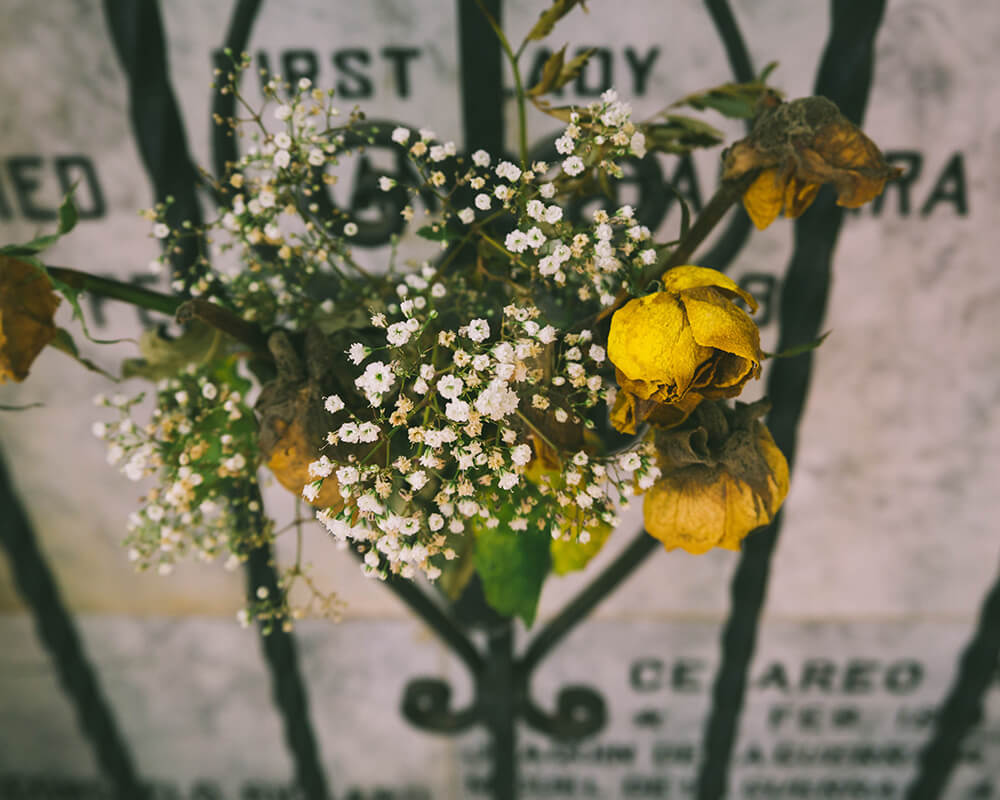We experience grief when we lose something or someone. Experiencing loss is a natural part of life. It could be losing a relationship, good health, a job, a way of life, a pet, or a loved one. Grief is our personal reaction to that loss. The process of grieving or mourning is how we move through that experience of significant or intense loss. It is a struggle between the need to escape and face the pain of the loss.
Not everyone grieves the same way or goes through the same stages of grieving. People react differently to losing someone, and how grief affects a person depends on what kind of loss that person experienced, his or her upbringing, beliefs, age, personality, support network, and physical and mental health. The changes that come after the loss may also affect your process of grieving. For some, losing a loved one may be accompanied by other challenges such as new family roles, financial problems, and changes in relationships with others.
There is also no normal time period for grieving. Most people do not go through the stages of grief. Most of the time, grief will come in waves. The sadness you feel when you are grieving usually fades away as time passes but may resurface from time to time. The feelings of grief may return during anniversaries, holidays, special occasions, or when you encounter something or someone that will remind you of that loss. There is no right or wrong way of grieving.
What are some common reactions to loss?
- Depression
- Shock
- Anger
- Loneliness
- Confusion
- Guilt
- Relief
- Anxiety
Complicated Grief: Some people may also experience a severe and prolonged sense of grief that can affect their personal relationships and daily life. Complicated grief is usually accompanied by depression, anxiety, broad changes to all personal relationships, a sense of meaninglessness, a prolonged yearning or searching for the deceased, changes in personal beliefs, and inability to carry out daily activities. Those who experience complicated grief struggle to come to terms with the loss and could benefit from the help of a mental health professional.
How do I cope with loss?
- Talk about it. Talk about the death of your loved one with your family, friends, colleagues, or a mental health professional. When you deny the death of a loved one, you isolate yourself. The more you deny what happened, the more your support system will also have difficulty helping you grieve. Talking about it can help you begin to heal, understand what happened, and remember the person you lost. It helps soothe those painful emotions that come with grieving.
- Allow yourself to feel sad. People experience different kinds of emotions after the death of someone who is close to them. These emotions are normal and are a healthy part of the grieving process. When you repress your feelings, you deny that part of yourself at that moment. It would be more helpful to the grieving process if you acknowledge what you are feeling. Accepting your feelings helps you acknowledge what has happened and release the emotions that are welling up inside you.
- Continue your routine. During this time, it may feel like you want to stay in that moment and stop everything. However, staying stuck at that moment will not help you move on from your loss. Continuing with your normal routine will help you process that grief and gives you something else to focus on aside from your loss. It will also help you adjust to a life without your loved one.
- Take care of yourself. Good coping also means taking care of your health. It is easy to forget yourself during this time because of the emotional turmoil you are feeling. However, it is important to eat well, exercise, and get plenty of rest. This will help you get through each day and move forward.
- Help others deal with the loss. Helping other family members or friends cope with the loss can make you feel better as well. By reaching out to others, you can share stories about the deceased and help each other cope with the loss.
- Remember and celebrate the lives of those you lost. Instead of letting go or saying goodbye to the memory of your loved one, it will help you cope better with the loss when you foster a constructive continuous bond with the lost loved one instead. This means remembering the good times, forming an internal dialogue with the lost loved one, continuing to think of that person on a regular basis, and imagining how his or her reactions would be to current life events and problems. This will help you keep that connection while adjusting to a life without that person. This way, you are also acknowledging that person’s part in your life and that part is not going to go away even after death.
- Reach out for help. PowerVision provides workplace counseling services or Employee Assistance Programs (EAP) to companies in the Philippines. We have counselors available who can provide face-to-face and phone counseling for employees who are having difficulty dealing with a loss. We also help employees deal with other personal and work-related issues that may impact their performance. Contact us for more information on setting up a mental health program for your company!
References:
- Kersting, K. (2004). “A New Approach to Complicated Grief.” American Psychological Association, 35(10). Retrieved from https://www.apa.org/monitor/nov04/grief.aspx
- Lifeline Information Service. (2010). “Toolkit: Coping with sorrow, loss, and grief.” Retrieved from https://www.lifeline.org.au/static/uploads/files/coping-with-sorrow-loss-and-grief-wfcexsgmkxay.pdf
- (2016). “Dealing With Grief and Loss.” Retrieved from https://www.nhs.uk/conditions/stress-anxiety-depression/dealing-with-grief-and-loss/.
- Nordal, K. C. (2011). “Grief: Coping with the loss of your loved one.” American Psychological Association. Retrieved from https://www.apa.org/helpcenter/grief.aspx
- University Health Network. (2017). “Grief, Bereavement, and Loss.” University Health Network Patient Education. Retrieved from https://www.uhn.ca/PatientsFamilies/Health_Information/Health_Topics/Documents/Grief_Bereavement_and_Loss_a_guide_to_coping.pdf











